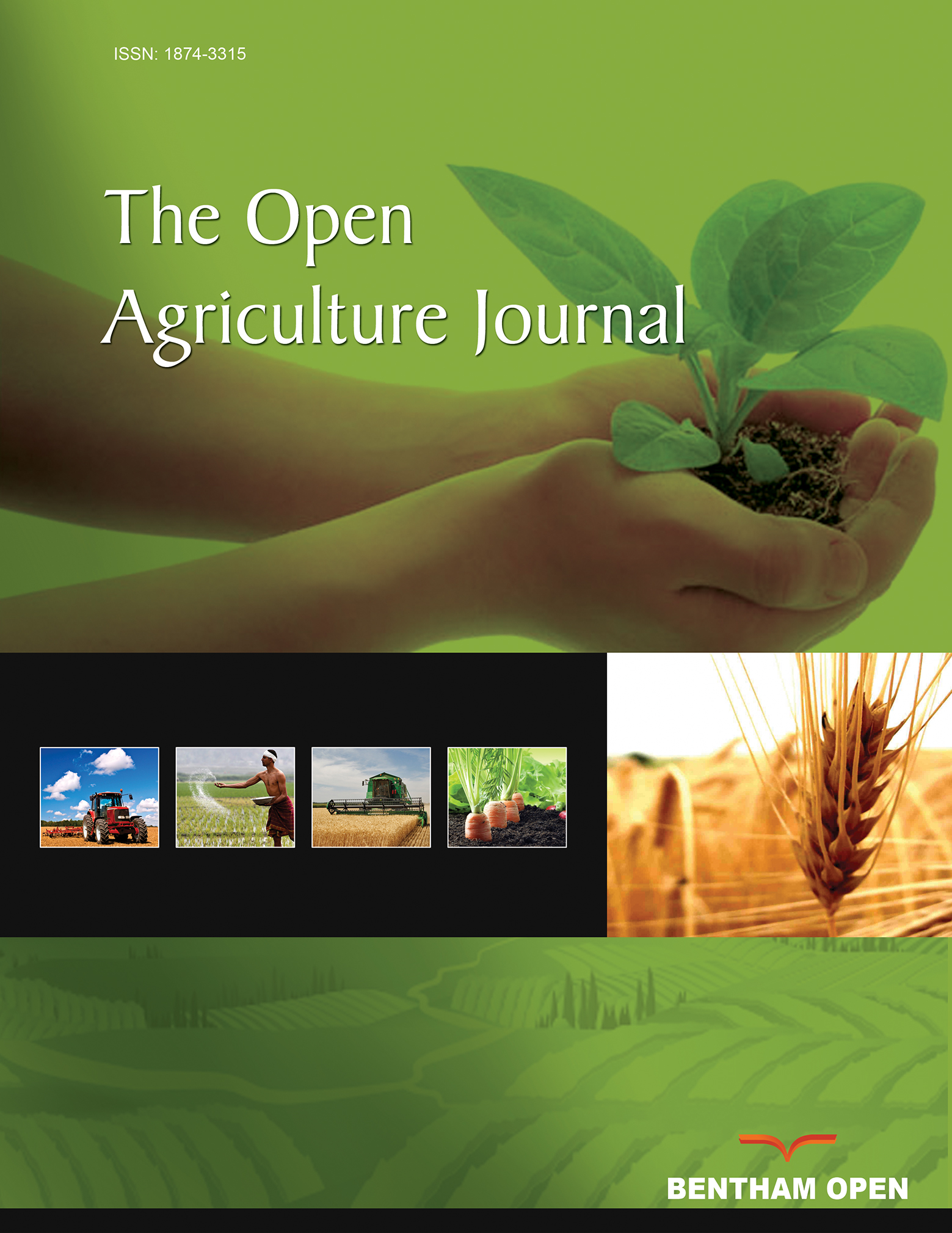All published articles of this journal are available on ScienceDirect.
Eco-Friendly Management Options for Sesame Webworm (Antigastra catalaunalis Dup.)
Abstract
Background:
Sesame (Sesamum indicum L; Pedaliaceae) is an important oilseed crop that contributes significantly to the Ethiopian economy through foreign exchange but it is heavily attacked by the sesame webworm which causes 83% yield loss.
Objective:
The aim was to evaluate efficacy of aqueous extracts of seven locally available bio-pesticides (Azadirachta indica, Lantana camara, Rumex patientia, Nicotiana glauca, Ricinus communis, Phytolacca dodecandra and Tagetes minuta) along with dimethoate 40% EC (standard test) and untreated control (only tap water) against sesame webworm (Antigastra catalaunalis) insect pest, and its effects on sesame yield and yield losses under outdoor conditions.
Methods:
Field experiment was conducted at Humera agricultural research center during the 2020 harvest season. Treatments were arranged in a randomized complete block design with 3 replications and applied 3 times at 2-week intervals.
Results:
ANOVA results showed that all aqueous extracts were significantly (P<0.05) higher than the control. Uninterrupted growth of the test insect resulted in an incidence of 82.59%. However, it was decreased to 28.89% and 29.63% by spraying A. indica and R. Communis aqueous extracts. A. indica was statistically equivalent to R. communis and dimethoate 40% EC in reducing damage to leaves (8.56%), flowers (10.20%), capsules (3.34%) and seeds (29.67%) yet significantly different from controls which scored 21.8%, 20.88%, 11.51%, and 79.34%, leaf, flower, capsule, and seed damage respectively. R. communis also effectively condensed injuries on leaves (8.68%), flowers (12.64%), capsules (2.66%) and seeds (23.42%). Likewise, aqueous solutions of A. indica showed impressive yields (0.71 t ha-1) followed by R. communis (0.53 t ha-1) compared with the control (0.22 t ha-1). Yield increase over control was also higher for A. indica (222.73%) and R. communis (140.91%) compared to other treatments. The maximum (69.01%) estimated yield loss was recorded in control plots due to webworm invasion in sesame.
Conclusion:
From this result, it can be concluded that A. indica and R. communis can be excellent substitutes for synthetic insecticides to increase sesame yield under outdoor conditions.


